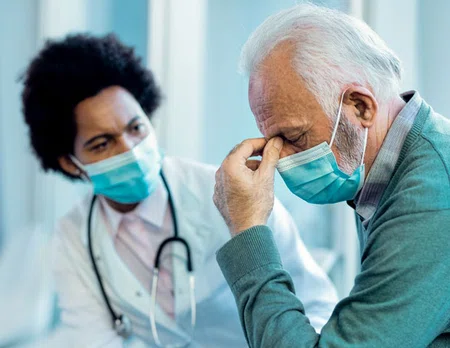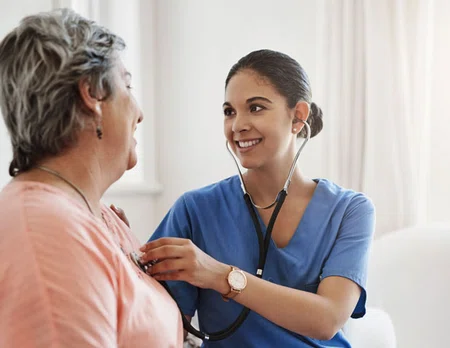Contact us at CNREPHelp@houstonmethodist.org
Questions or comments?
© 2023. Houston Methodist, Houston, TX. All rights reserved.


In this
issue

WELCOME
NURSING SCIENCE

Developing the Art of Nursing

Late-afternoon communication and patient planning (CAPP) rounds: an intervention to allow early patient discharges
EDUCATION
PRACTICE

Providing Age-Friendly Care through “What Matters Most”

Preventing Burnout through Self-Care and Self-Awareness
PROFESSIONAL DEVELOPMENT
FROM OUR TEAMS

Improving Critical Thinking, Listening, and Communication Skills for The Patient Care Assistant

DiscoveRN UAA Spotlight: Bertha Jones

ABOUT DISCOVERN
PROFESSIONAL DEVELOPMENT
The Nursing Leadership Academy: Improving Nursing Soft Skills
By Brenda Kelly, MSN, RN, RNC-MNN
By Brenda Kelly, MSN, RN, RNC-MNN

We often hear about nursing soft and hard skills, but what do they mean, and why are they so important? Laari, Anim-Boamah and Boso (2022) describe the two skill sets as complementary. However, soft skills should be prerequisites to any profession where human interaction and teamwork are necessary for positive outcomes.
Technical skills such as taking vital signs, changing dressings or completing head-to-toe assessments are considered nursing hard skills. These require knowledge and ability and are more academic or related to a level of expertise. Hard skills are related to tasks and processes learned in school and on the job.
Intrapersonal skills are considered soft skills that focus on how one can deal with challenges and changes. Some examples of intrapersonal skills would be adaptability and self-management. Adaptability is coping with uncertain, new, and rapidly changing conditions, while self-management is the ability to work independently and in a team (National Research Council (US) Committee on the Assessment of 21st Century Skills, 2011).
Interpersonal skills are also considered soft skills. Interpersonal skills are how one interacts with others. These may include intuition, caring skills such as therapeutic touch, effective communication and utilizing past experiences and knowledge (Laari et al., 2022).
The Nursing Leadership Academy (NLA) includes professional development classes for charge nurses at Houston Methodist Hospital. The introductory course presents a focus on the soft skill of communication. This initial education focuses on body language, tone, mindfulness and conflict management. Charge nurses are also given group work with real-life scenarios that force them to find the most appropriate way to address conflict. As a comparison, there is also discussion regarding interventions that produce less than optimal potential outcomes. Future courses will build on the initial course principles with simulation scenarios, diving deeper into communication principles and tools and practicing hard skills such as assessment.
Developing soft skills in nursing is paramount to better outcomes for our patients. Improving communication skills, exploring therapeutic touch, team building, and the ability to use subjective data and experience will push nursing to greater heights at Houston Methodist, with better patient outcomes and higher levels of staff and patient satisfaction. Maya Angelou sums it up best with the quote, “I’ve learned that people will forget what you said, people will forget what you did, but people will never forget how you made them feel.” How can your soft skills help someone else?
References:
Research Council (US) Committee on the Assessment of 21st Century Skills. Assessing 21st Century Skills: Summary of a Workshop. Washington (DC): National Academies Press (US); 2011. 4, Assessing Intrapersonal Skills. Available from: https://www.ncbi.nlm.nih.gov/books/NBK84217/









